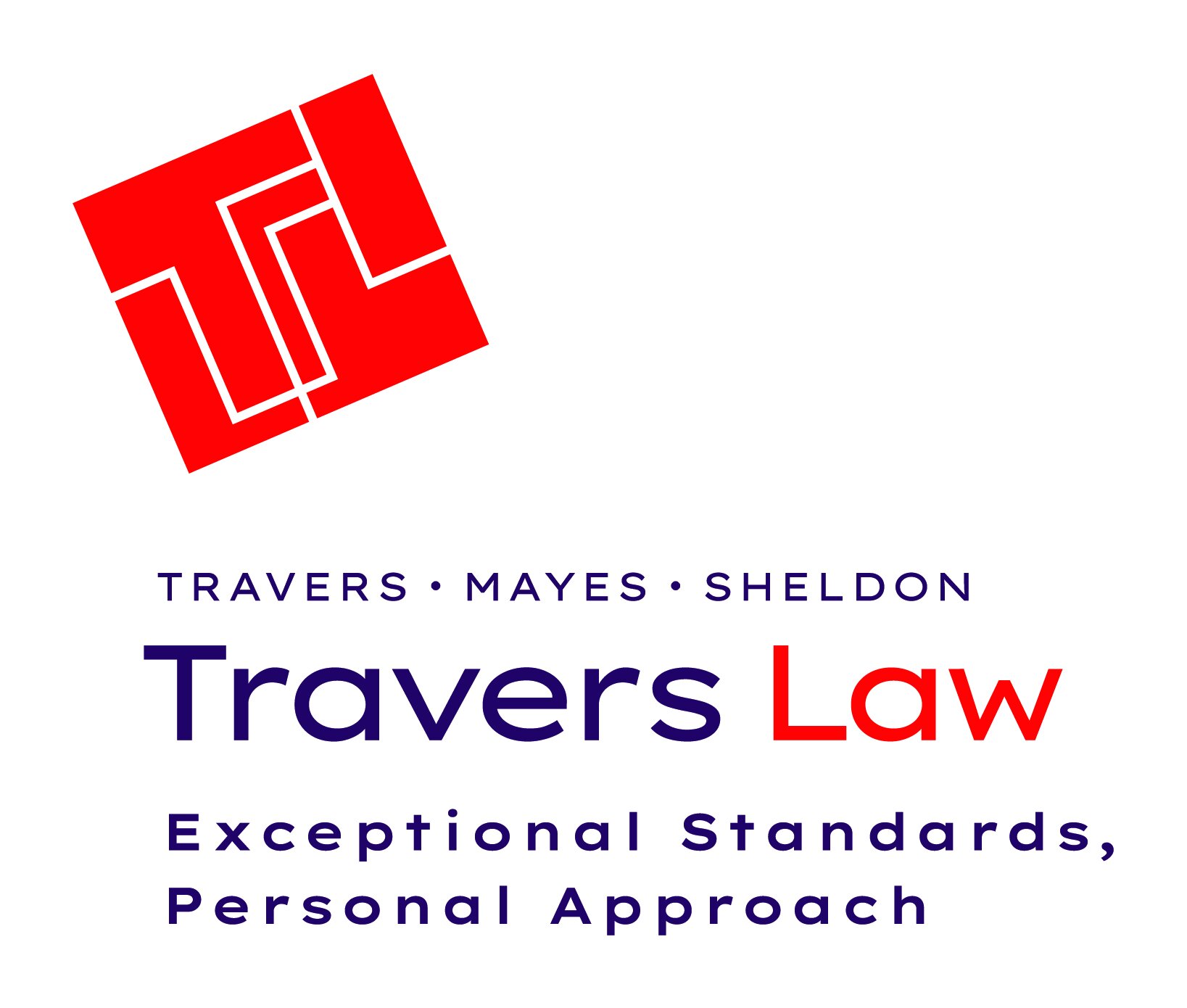REAL ESTATE PURCHASE // THE FINAL WALK THROUGH
The precedent setting judgment of case of Harkness v. Cooney, decided in 1979 at Waterloo County Court (as it was known then) raises an important issue regarding the purchasers’ right to a final walk-through in a real estate transaction.
The case concerned a requisition made by the purchaser's solicitor for an opportunity to inspect the property for damage on the day of closing. The vendor's solicitor objected to the requisition, arguing that it was not a question arising out of or connected with the contract, and therefore could not be dealt with under the Vendors and Purchasers Act. This Act allows a party to file an application with the court for a ruling in respect of any requisitions or objection or any other claim for compensation arising out of or connected with the Agreement of Purchase and Sale.
The Court disagreed with the vendor's solicitor and held that the requisition was a valid one. The court noted the agreement of purchase and sale gave the purchaser the right to terminate the agreement in the event of substantial damage to the property. As such, the requisition for an inspection to determine whether any substantial or other damage had occurred to the premises since the day of signing the agreement was a question arising out of or connected with the contract and could be dealt with under the Vendors and Purchasers Act.
The court also rejected the argument that the purchaser must wait for notice from the vendor or the vendor's insurers of the occurrence of potential substantial damage. The court held that the purchaser had a right to inspect the property to determine whether any damage had occurred, and did not have to rely on the vendor or the vendor's insurers to notify them of any defects in the property.
The court's decision in this case is significant as it reinforces the rights of purchasers in a real estate transaction. The court's ruling confirms that purchasers have the right to inspect the property for damage before closing and to requisition an inspection if necessary. This is particularly important in cases where the purchaser may have the right to terminate the agreement in the event of substantial damage.
Overall, the Harkness v. Cooney case highlights the importance of the final-walkthrough and ensuring that the rights of purchasers are protected in a real estate transaction.
You have the right, but it is your responsibility to view the property and raise any concerns prior to closing.
Follow this checklist to ensure you don't overlook any steps:
Test the heating and air conditioning.
Test all appliances.
Run the garbage disposal and exhaust fans, including hood range.
Turn on and off every light fixture.
Run water and check for leaks under sinks.
Check garage door openers.
Open and close all doors.
Flush toilets.
Inspect ceilings, wall, and floors.
Open and close windows.
Make sure all debris is removed from the home and garage/shed.
Should you identify an issue, please send your Travers Law lawyer an email with a photo, description and estimated costs for rectifying the issue.
Have questions about your final walk-through in Waterloo, Kitchener, Cambridge, Guelph or Milton? Contact us today.




